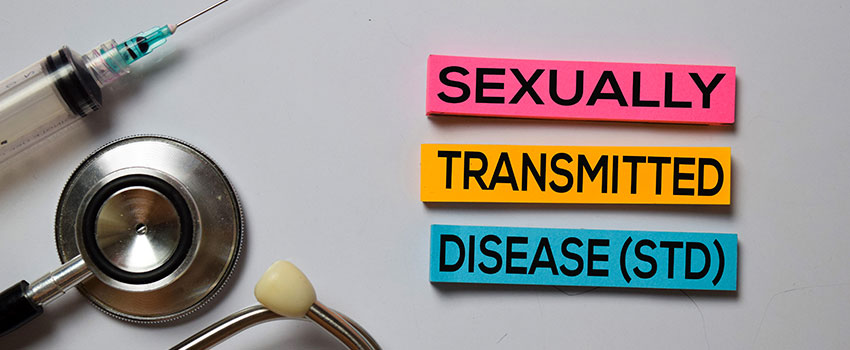
Talking about STDs can sometimes feel like an invasive topic, but the truth is that many more people are affected by these types of diseases than you might guess. When left untreated, STDs can cause all kinds of short-term and long-term health problems.
Our AFC Urgent Care Cleveland team provides further information below, so read on.
How Are STDs Transmitted?
Sexually transmitted diseases are infections you can get by having sex with someone who has an infection. These infections are usually passed from person to person through vaginal intercourse, and can also be passed through anal sex, oral sex or skin-to-skin contact. STDs can be caused by viruses or bacteria.
Additionally, many STDs don’t even cause symptoms, so it’s possible to have an STD without knowing it. In many cases, though, common symptoms arise, and we’ve listed some of the most common ones below.
Common STD Symptoms
- Pain or discomfort during sex or urination
- Sores, bumps or rashes on or around the genitals, anus, buttocks, thighs or mouth
- Unusual genital discharge or bleeding
- Painful or swollen testicles (men)
- Itchiness in or around the vagina (women)
How Often Should I Be Tested?
It really depends on how many sexual partners you have. Typically, the more sexual partners you have, the more often you should get STD tested.
Generally, though, as long as you’re sexually active, you should be tested for STDs at least once a year. If you have more than one partner, share intravenous (IV) needles or don’t always practice safer sex by using a condom each time you have intercourse, you should be tested every three to six months. To lower your risk of getting an STD, consider following the effective prevention tips we’ve listed below.
Ways to Prevent STDs
- Practice abstinence. The surest way to avoid getting STDs is to not have sex.
- Use condoms. Condoms lessen the risk of infection for all STD, but can still get certain STDs, like herpes or HPV, from contact with your partner’s skin even when using one.
- Have fewer partners. First, make sure you know that neither of you has an STD, then have sex with one person who is only having sex with you. This will drastically lower your STD risk.
Want to learn more about STDs or need to be tested? Don’t hesitate to reach out to our AFC Urgent Care Cleveland team today.


